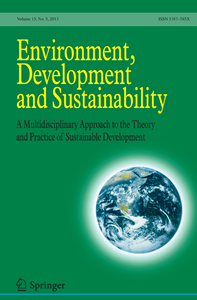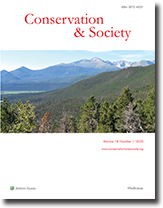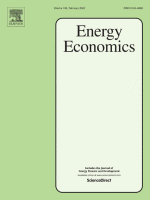Valuing individual’s preferences for air quality improvement in South Delhi : Comparing contingent valuation and discrete choice experiment estimates
Speakers:
Asif KhanUniversity of the Basque Country
Abstract:-
Although the contingent valuation method (CVM) and discrete choice experiments (DCE) are both stated preference (SP) procedures with many similarities, there are differences in which respondents are presented with information and make their decisions. In order to empirically comprehend this issue, we apply both techniques to draw a conclusion from an empirical viewpoint. This was achieved by estimating distinct willingness to pay (WTP) derived from CVM and DCE, both of which were explicitly incorporated in the same stated preferences survey on air quality improvement in South Delhi, India. The results from this study found no significant difference between the WTP estimates obtained from the two SP methods. This study also creates a robust statistical valuation function capable of quantifying individuals’ preferences for air quality improvements, which can aid in the development of more effective health and environmental policies. This paper could provide further development in benefit transfer study in air quality valuation studies at other policy sites in India.







